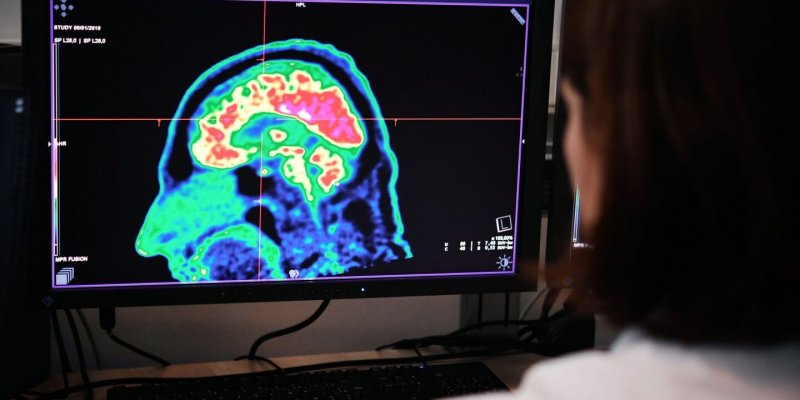No field of scientific inquiry can single-handedly untangle a phenomenon as complex as suicide. But [Kees] van Heeringen and many other scientists are hoping to shed light on the problem by digging into the neurobiological processes underlying thoughts about ending one’s own life and attempts to do so. This work is building support for the idea that suicide is tied to specific biochemical changes that can be measured and targeted independently of, and possibly in parallel with, the mental health disorders they often accompany. Findings from this work, researchers hope, could help reveal new treatments, and perhaps even opportunities to identify the people most at risk in time to intervene.
…
[Psychiatric genetic epidemiologist Nadine] Melhem says she’s hopeful that combining techniques will improve predictive approaches in the coming years. In 2019, she and colleagues published a model that improved on the accuracy and performance of existing models to predict suicide attempts based on factors such as the severity and variability of a person’s depression symptoms over time. Integrating this sort of easy-to-collect clinical data with biological information from brain scans or other diagnostic tests should lead to more-accurate predictions, she says.






























